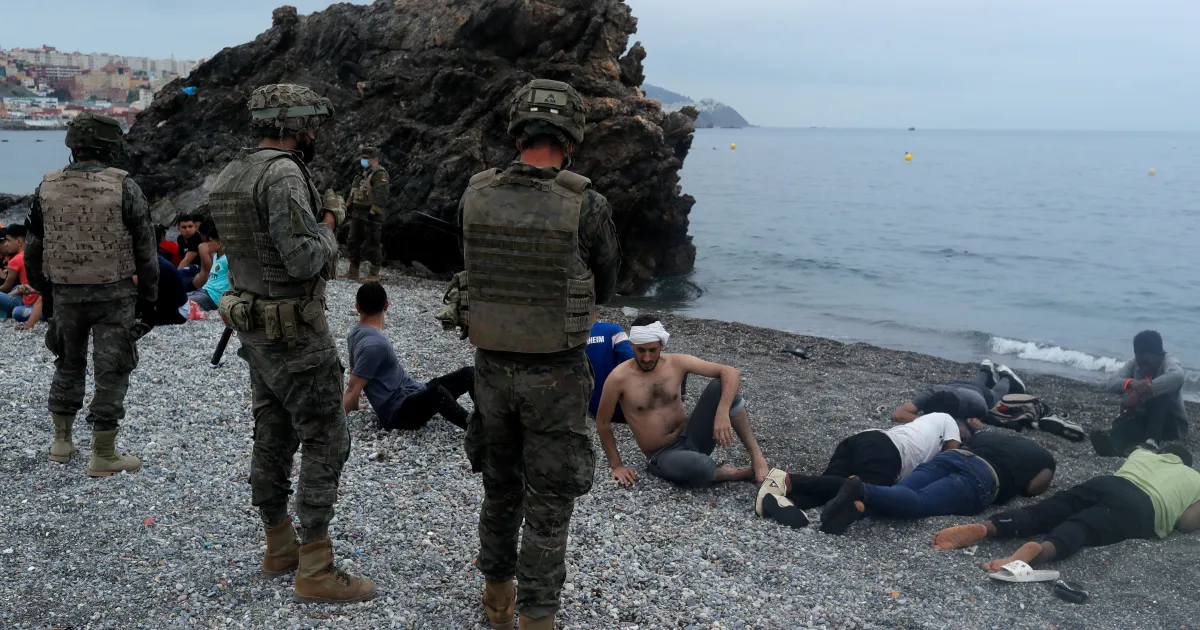
Spain has intensified its military operations in the north, deploying advanced artillery and anti-aircraft systems in Ceuta amid persistent tensions with Morocco over the northern enclaves.
Over recent weeks, military maneuvers have increased both at sea and in the air between the Canary Islands and the Strait of Gibraltar, highlighting a climate of mutual vigilance.
The Mixed Artillery Regiment No. 30 (RAMIX 30), stationed in Ceuta, recently conducted the DACE exercise, deploying Mistral missile systems and Oerlikon 35/90 twin-barreled guns, capable of intercepting aerial targets at medium altitude with rapid precision.
According to the Spanish website elpueblodeceuta, the exercises are designed to test the responsiveness of Spain’s defense network in the event of any threat from the south.
“RAMIX 30 acts as Ceuta’s anti-aircraft shield. Its troops practice detecting, tracking, and neutralizing targets while ensuring coordination between gun sections and missile units,” the report said.
The drills also assess command system efficiency and the interoperability of different weapons platforms.
The backdrop to these exercises is Morocco’s longstanding claim to Ceuta, Melilla, and several coastal islets, which continues to fuel a quiet but intense rivalry.
While Rabat is rapidly modernizing its army and investing in new military technologies, Madrid aims to demonstrate its readiness without escalating the situation.
Each maneuver and public display of military capability is a carefully calculated signal in this ongoing strategic contest.
Ceuta and Melilla carry more than military significance; they are focal points of identity, sovereignty, and historical sensitivity. For Spain, defending these territories represents a matter of national sovereignty. For Morocco, the enclaves are seen as remnants of colonial occupation, and their status remains a recurring point of diplomatic and political tension.
The recent Spanish deployments underscore the delicate balance of deterrence and vigilance in the region, reflecting broader security concerns across the Strait of Gibraltar. Analysts suggest that as military posturing continues, both countries are keen to avoid open confrontation while asserting their strategic interests.
Spain’s moves in Ceuta signal a clear commitment to protecting its territories, even as Morocco continues to watch developments closely, readying its own responses in a complex northern theater.



